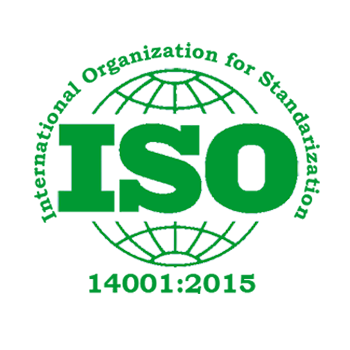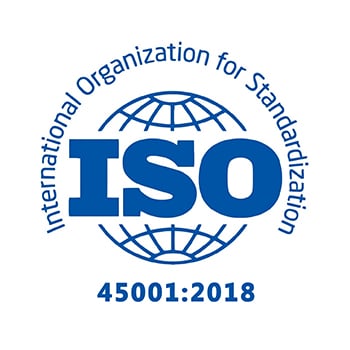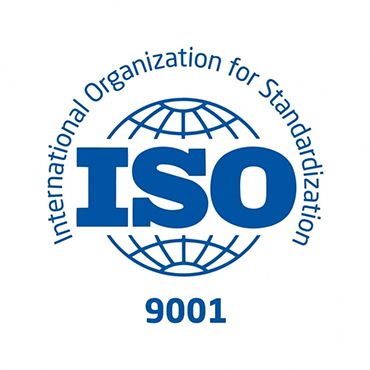OVERVIEW
EMS tools
Environmental Management Systems (EMS) are widely used and most often synonymous with the International Organization for Standardization (ISO). The first ISO standard was published in 1960 and today ISO develops international standards for management of quality, environment, health and safety, energy, food safety and IT security.
ISO does not inspect, test, assess or certify companies itself – this is done by external third party companies according to ISO standards. This ensures that environmental data is reliable and transparent in order to support company management achieve specific environmental objectives.






